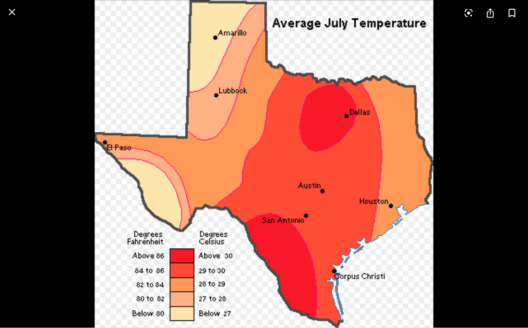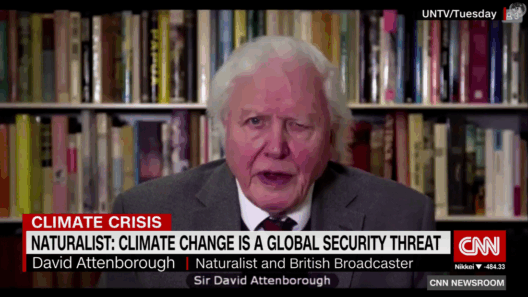In the intricate tapestry of gaming, where artistry meets strategy, few titles resonate as profoundly as Sid Meier’s Civilization V. More than just a beautiful simulation, it serves as an allegorical microcosm of our world, weaving in elements that evoke both admiration and contemplation. Among these threads, the inclusion of global warming and hurricanes provides players with a unique opportunity to engage with the ecological dilemmas that besiege our modern existence.
The fundamental premise of Civilization V revolves around the construction of a civilization from antiquity to the modern age. Players find themselves at the helm of a nascent society, tasked with making decisions that will steer the trajectory of their civilization. As they grapple with the moral implications of expansion and resource exploitation, the specter of climate change emerges as a highlighted consequence of their actions.
Global warming in Civilization V is not merely an abstract principle; it manifests in the gameplay mechanics as players advance through time. The game’s developers ingeniously entwined environmental factors with the progression of technology and societal development. As civilizations evolve, the carbon footprint resulting from industrialization becomes a salient consideration. Players are confronted with the immediate benefits of rapid development versus the long-term repercussions of environmental degradation.
In this digital arena, global warming operates as an insidious force, creeping into the fabric of the game. As temperatures rise, ice caps begin to melt, leading to devastating sea-level rise. Coastal cities, once proud marks of empire, become increasingly vulnerable to the tides of change, reflecting a poignant metaphor for our own world. This digital representation serves not just as a gameplay mechanic but as a cautionary tale, urging players to ponder the ecological impact of their decisions.
Moreover, the ramifications of climate change in Civilization V are woven into the experience through the occurrence of natural disasters. Hurricanes, those ferocious manifestations of nature’s wrath, can ravage cities and disrupt the delicate balance of civilization. In a game that encourages strategic foresight, the unpredictable nature of hurricanes serves as a stark reminder of humanity’s vulnerability to the forces of nature. Players must adapt, reinforce their cities, and innovate in the face of impending destruction.
The portrayal of hurricanes brings a dynamic layer to the gameplay. Each storm is a tempestuous entity that can alter the course of history within the game. Players must contend with the trade-offs between urban development and ecological sustainability. This dynamic interplay of choices and consequences enhances the realism of the game, encouraging players to introspect and reconsider their strategies in light of both immediate benefits and potential catastrophic risks.
Civilization V encourages a contemplative engagement with the environment by offering players tools to mitigate these impending disasters. Players can invest in renewable resources and green technologies, exemplifying the path towards sustainable development. This proactive approach not only enriches the gameplay but also instills a sense of agency—one that players can carry into their understanding of real-world environmental challenges.
Interestingly, the incorporation of climate-related challenges resonates with the larger narrative of the game. Each civilization is not merely defined by military prowess or technological advancement; rather, their legacy is deeply interwoven with ecological stewardship. The decisions made by players echo far beyond the confines of the game, illuminating the interconnectedness of humanity’s choices and the planet’s health.
Civilization V also serves a dual purpose by confronting players with the consequences of neglecting environmental issues. A well-developed city may flourish temporarily, but as the climate grows increasingly unstable, the health of its citizenry deteriorates. This decline can result in civil unrest, political challenges, and ultimately, the downfall of once-great empires. Herein lies the moral of the game: sustainable practices are not just an option; they are imperative for longevity.
The intricate mechanics of Civilization V compels players to grapple with several ethical dilemmas. This interplay of choice and consequence reflects the real-world tension between economic development and environmental conservation. Players are tasked with envisioning a future where flourishing civilizations coexist harmoniously with their environment, prompting a set of questions that are critically relevant in today’s context.
In a broader lens, Civilization V stands as a microcosm of our planet’s struggle against climate change. By invoking hurricanes as an unpredictable threat, it showcases the chaotic nature of climate systems, emphasizing that no society is immune to the consequences of environmental neglect. Each player’s experience becomes an invaluable simulation—one that underscores the pressing need for climate action.
The game’s immersive experience, combining strategic depth with ecological challenges, has an underlying appeal that transcends mere entertainment. It captivates players while educating them about the fragility of our ecosystems and the profound effects of human decisions. As players explore the nexus between civilization and nature, they are beckoned to envision a world where compassion and stewardship supersede avarice.
Ultimately, the influence of Civilization V reaches far beyond its in-game mechanics. It acts as a symposium, encouraging discourse around sustainability, climate change, and the ethics of progress. The lessons learned within this digital realm serve as a poignant call to action in the real world. In an age where the threat of climate change looms large, games like Civilization V provide more than entertainment; they foster an awareness that could inspire a generation to rewrite the narrative of humanity’s relationship with the Earth.







